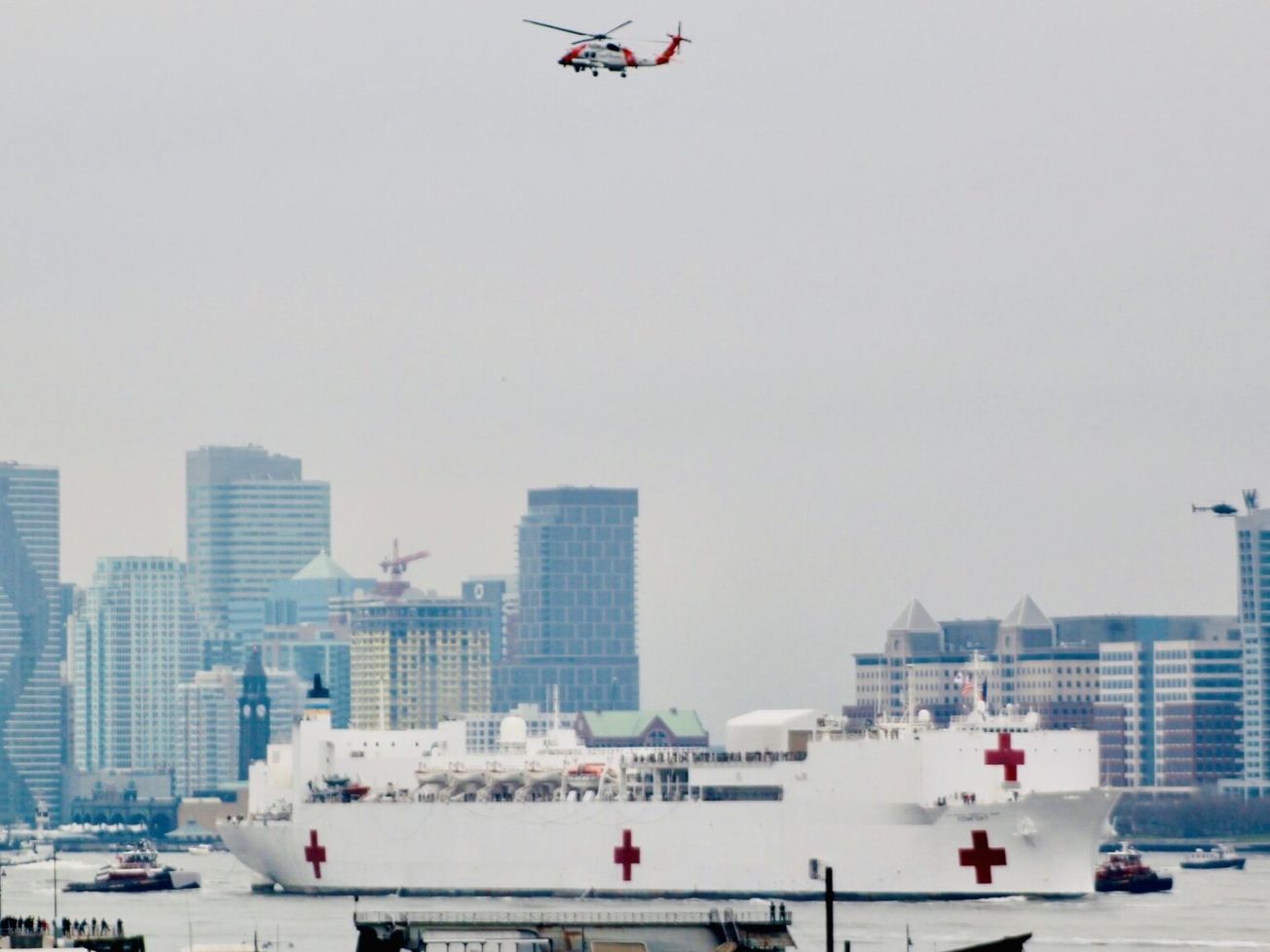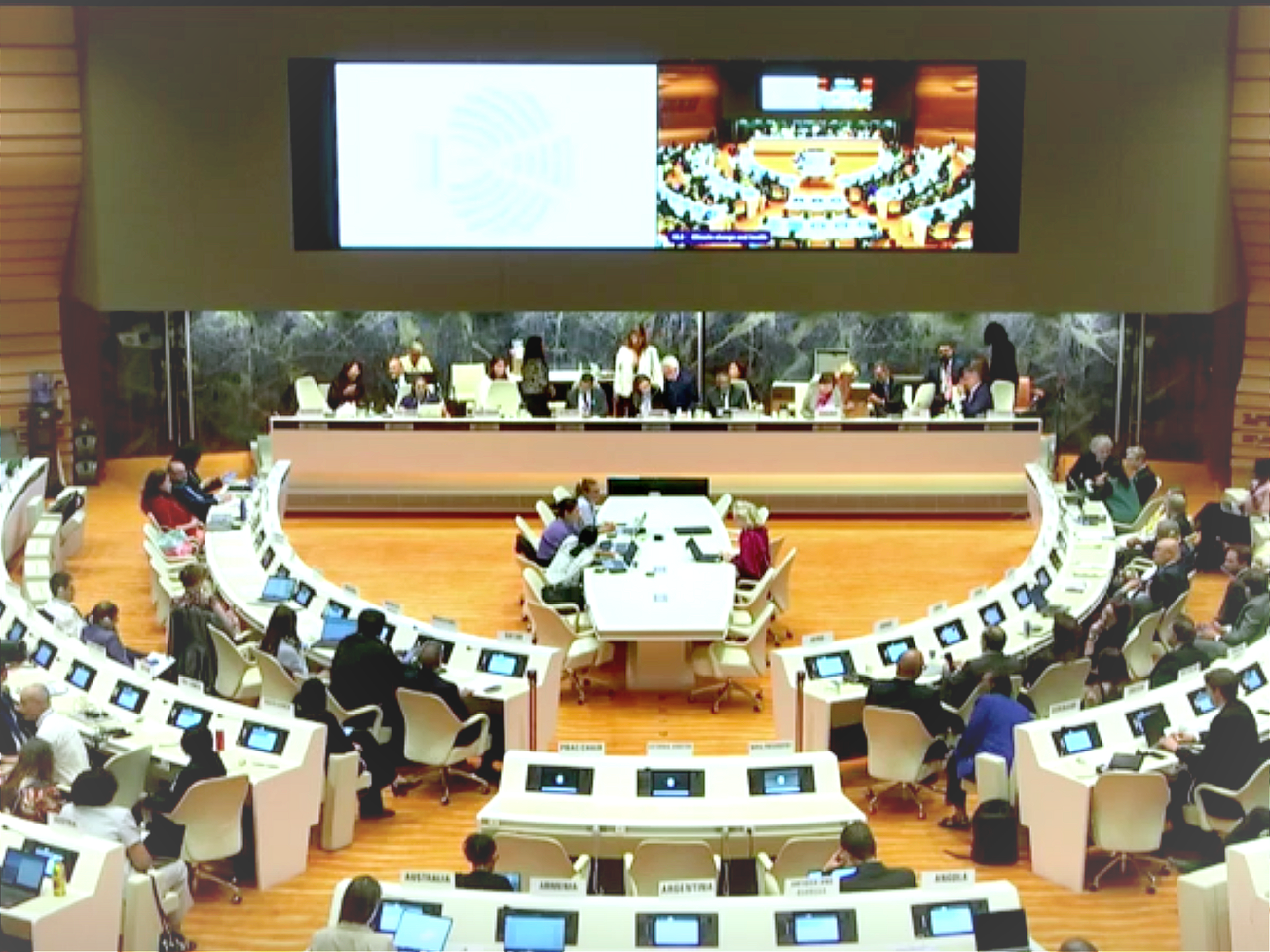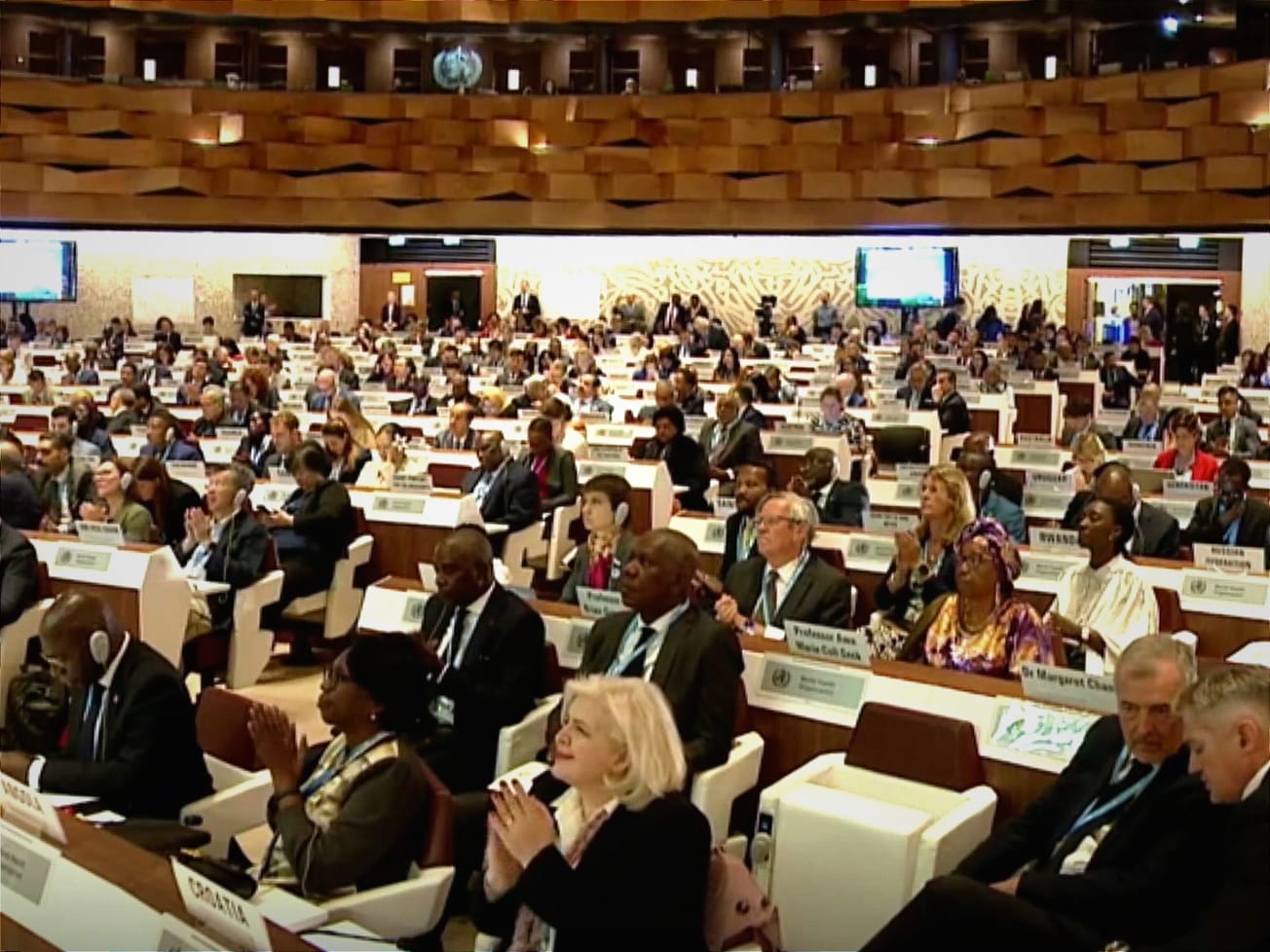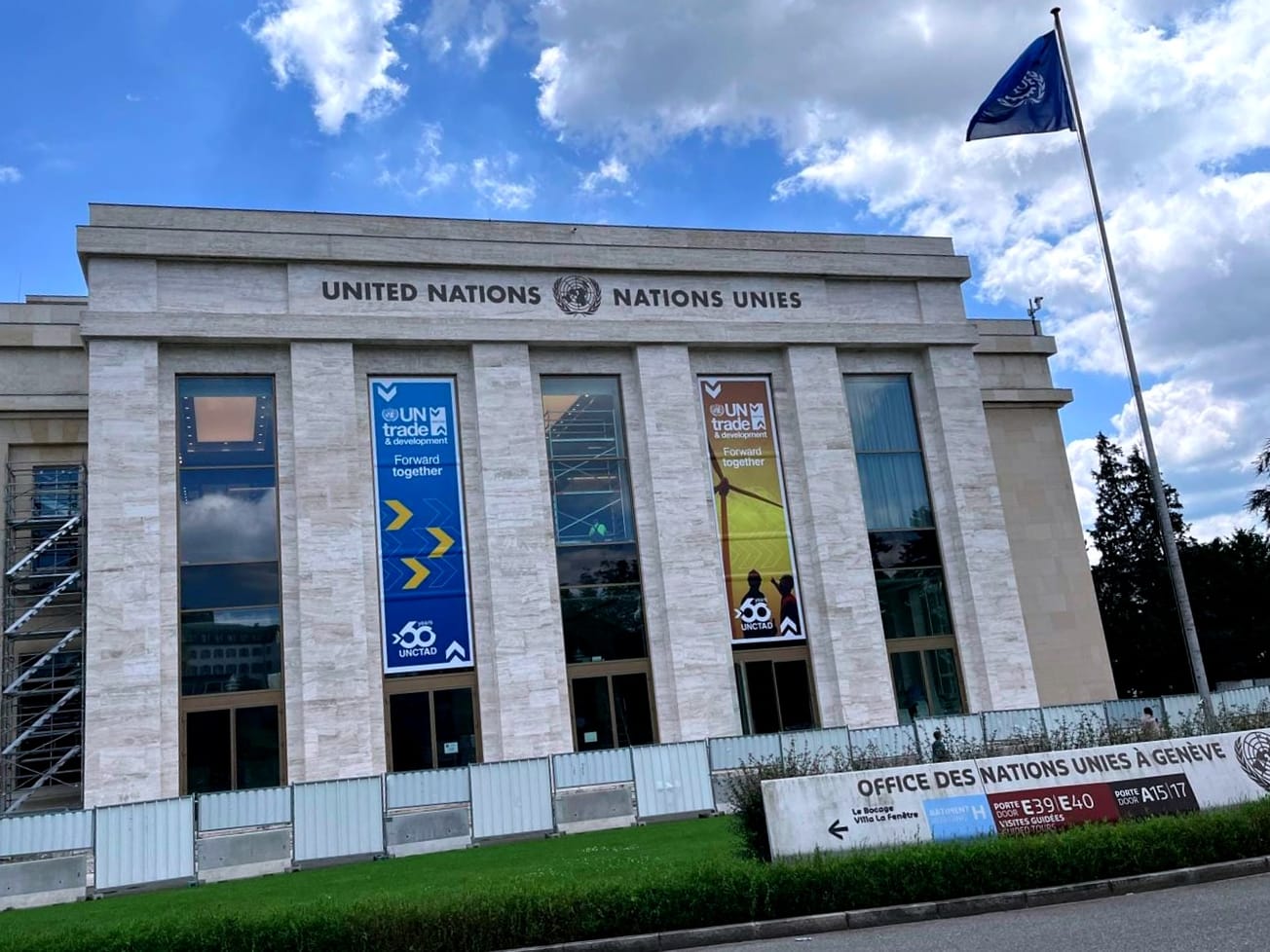The world reached two tragic milestones on Sunday — 10 million COVID-19 cases and 500,000 deaths — with 1 million infections added in the past six days even as nations eased lockdowns and focused on economic recovery.
Five million people have recovered. Infections keep rising in Latin America, parts of the United States and Africa, however, despite government leaders' attempts to reopen crippled economies while fanning the hopes of pandemic-weary citizens that the worst is almost over.







